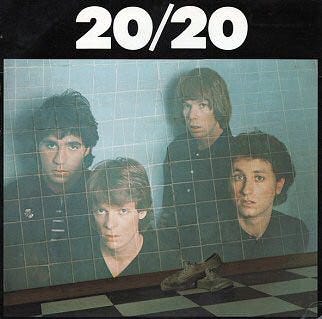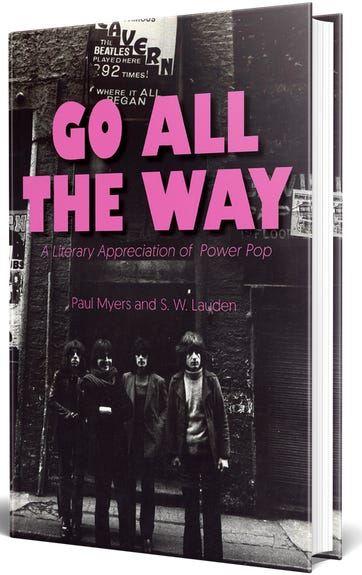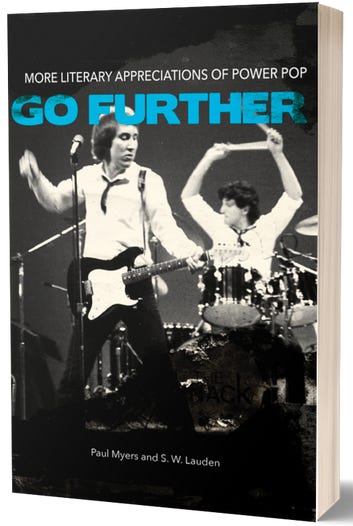Podcasts
Episode 6–20/20 — Self-titled Debut
What a great conversation S.W. Lauden and I had with 20/20 members Steve Allen and Ron Flynt!
Childhood friends Allen and Flynt were part of the 70s Oklahoma musical migration headed west to Los Angeles. In addition to those guys, it included artists like Leon Russell, Phil Seymour, and Dwight Twilley.
Power popsters The Dwight Twilley band scored an unexpected hit in 1975 with their 1975 “I’m On Fire.” It was the band, and the hit, that prompted Steve Allen to drop out of college and join his fellow Oakies out west. It was here that he met Mike Gallo and 20/20 began to take shape.
After graduating from Oklahoma State University, Flynt joined them and Allen, Flynt, and Gallo began making their way around the sprawling and competitive Los Angeles musical landscape as a three-piece:
Steve Allen — guitar, vocals
Ron Flynt — bass, vocals
Mike Gallo — drums
Chris Silagyi would eventually join contributing keyboards, guitars, and vocals.
In the late 70s, LA-based The Knack began to get noticed and signed a record deal. As a result, record labels began foaming at the mouth, trying to find similar bands, which worked well for the guys in 20/20. They signed a deal with CBS affiliate Portrait Records.
If timing is everything, then 20/20 was poised to do quite well. Secluded in the famed recording studio Sound City, with producer Earle Mankey, they were recording their debut album. Despite his contributions to the band, fellow Oakie Phil Seymour replaced drummer Mike Gallo during the recording. Gallo only played drums on one song, “Tell Me Why (Can’t Understand You).”
As 20/20 was wrapping up production on their debut, The Knack’s “My Sharona” exploded all over American radio.
The Knack’s success teed up 20/20 for victory as a fellow power pop band. Despite Portrait Records experiencing a radical housecleaning just prior to releasing this self-titled debut, Portrait still got behind the band and promoted the album.
In the course of supporting the album, 20/20 landed a sweet spot on Dick Clark’s American Bandstand. The album also received solid airplay worldwide, and the band headlined a club tour along both coasts.
Critics were also big fans of the album, even the Noam Chomsky of rock and roll criticism, Robert Christgau, had nothing but praise for this album. He also proved to be and proved to be surprisingly prescient:
“Just about all of these dense, cleverly constructed tunes would sound great on the radio. If they have some other reason for being, though, neither lyrics nor vocals — which seem to avoid both banality and its opposite as a simple matter of power pop taste — let on what it is. When CBS breaks a few hits off this we’ll remember it as a classic. But CBS won’t.”
Over the years, 20/20’s self-titled debut has gained more and more reverence among the musical community writ large, but even more within the power pop community. As the record continues to find new fans, it proves once again, that good music is timeless.
S. Dubs and I learned all about this and much more, as we talked to Steve and Ron — including one exciting reveal. But for that, you’ll have to dial-up the Abandoned Albums podcast — wherever you get your favorite podcasts.
Sorry, no spoilers here.
Thanks for reading… and listening.
Abandoned Albums on Apple Podcasts
Peeling back the curtain to try and figure out why some albums weren't as successful as maybe they should have been, or…podcasts.apple.com










